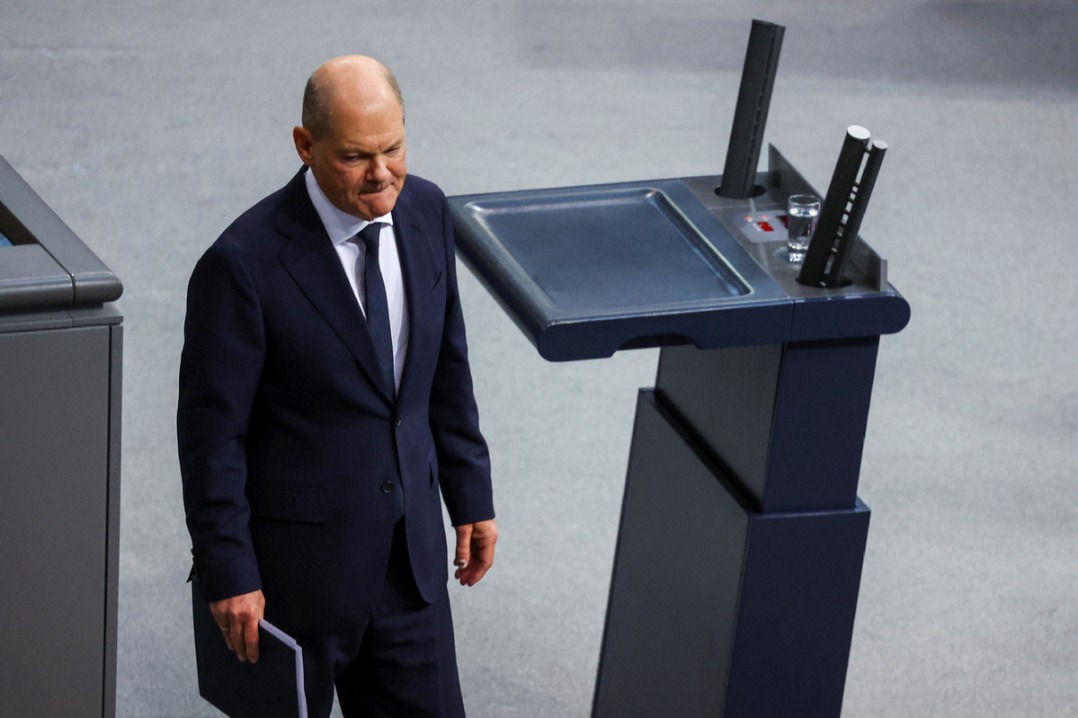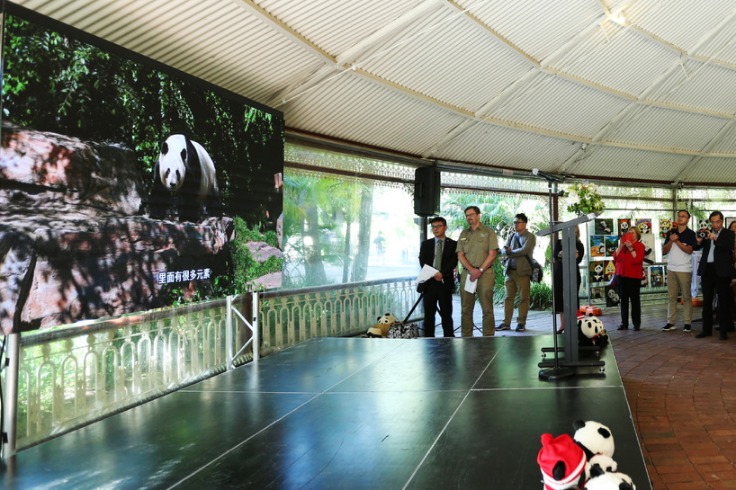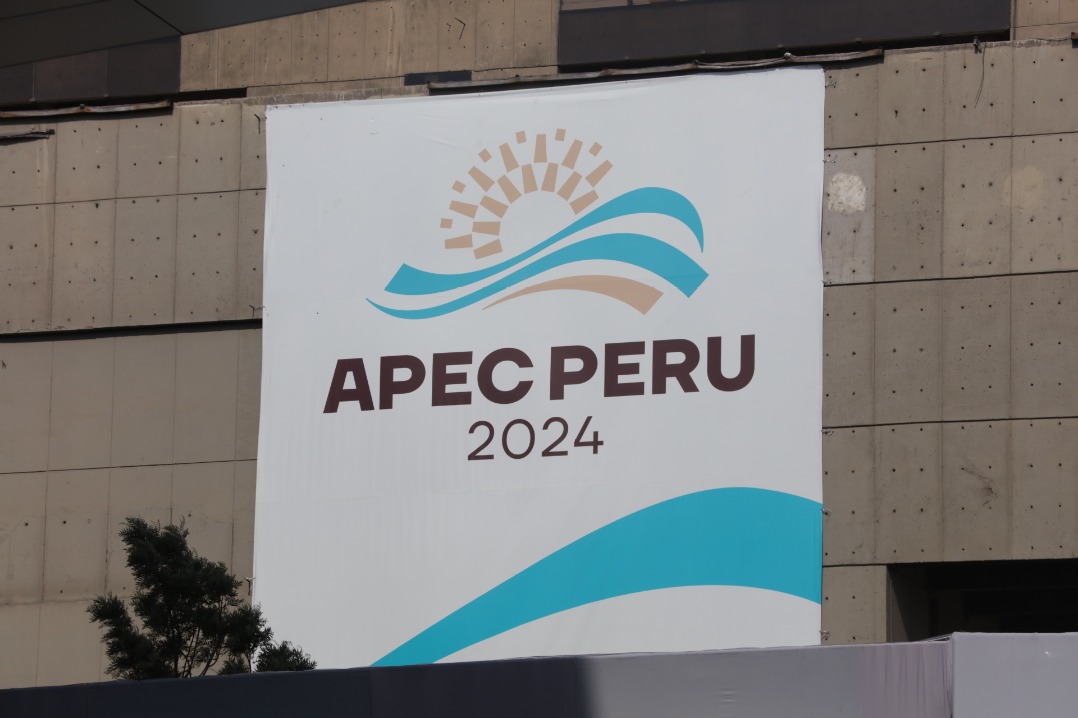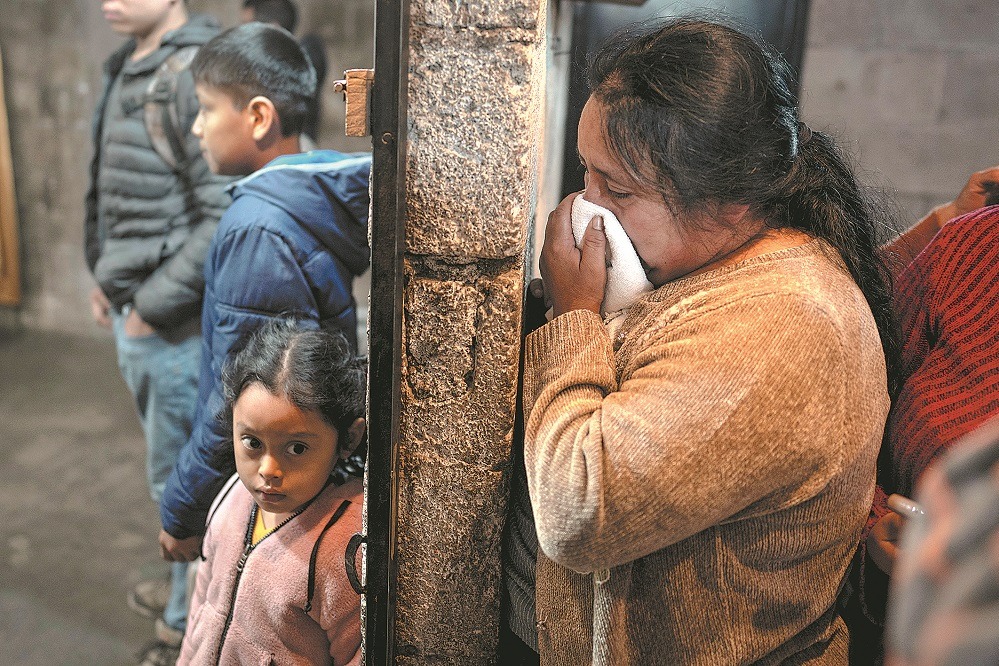Scholz seeks support for faltering reign

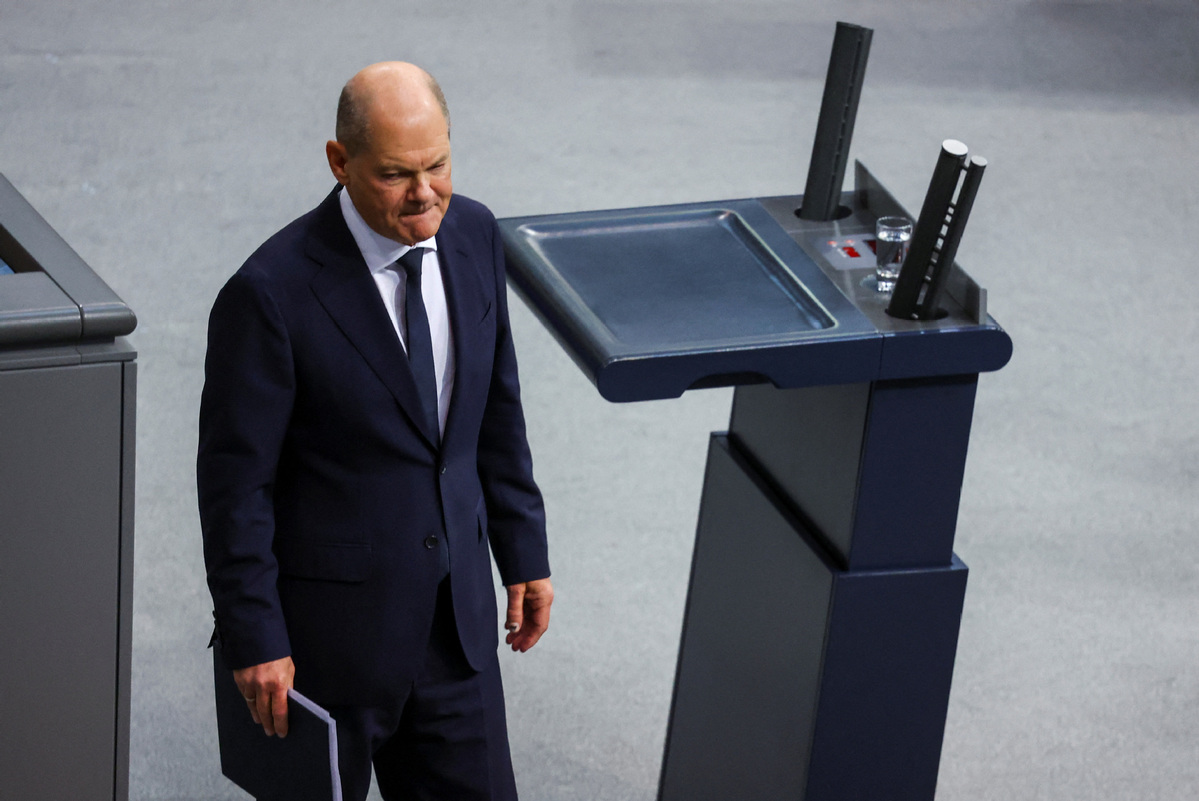
German Chancellor Olaf Scholz has called on opponents to steer clear of divisive politics and back his minority government after the breakup of the so-called traffic light coalition, which has paved the way for a vote of confidence on Dec 16 and a likely national election in the new year.
The coalition of Scholz's Social Democrats, the Green Party and the liberal Free Democratic Party was agreed upon in December 2021 but fell apart last week when Scholz removed the Free Democrats' Finance Minister Christian Lindner in a row over the budget, relating to Germany's continued support for Ukraine.
Scholz asked rival parties to put aside tribal differences and to act for the good of the nation for the remainder of the time his government is in office.
"The times in which we live are damned rough," he said.
"We live in one country. We are better off when we stick together — when we can still look each other in the eye even after an argument," he said, adding "there is no democracy without compromises".
Germany's economy has been faltering for some time, and Scholz's personal popularity rating was already low, as was that of the coalition government, before the parting of ways with Lindner.
That came when the finance chief refused to ease strict financial rules and take on more debt in what Scholz claimed were exceptional times, leading to a standoff between supporting Ukraine and helping Germany's pensioners.
"It cannot be, and it should not be, that support for Ukraine leads to cuts in German pensions," said the chancellor. For his part, Lindner said "sometimes a dismissal is also a liberation" and accused Scholz of "running around in circles".
Friedrich Merz of the center-right Christian Democrats had already declared his candidacy for the position of chancellor in elections that were scheduled to take place in the fall of 2025 before the breakup of the coalition moved them closer.
His polling performance suggests he could lead the country's next government, and he said he would not assist Scholz's legislative program in the run-up to the confidence vote as he did not trust him to stick to any promises he may make before then.
Merz has said that should he become leader, he would backtrack on Germany's current climate policies and take a "totally different approach" to migration.
"I'll guarantee a new leadership in Europe for Europe," he added. "Germany is a sleeping middle power and must become an active middle power."
He has, however, made a point of ruling out any possible cooperation with the far-right populist Alternative for Germany party, which has enjoyed growing support in recent elections, mainly in the east of the country.
julian@mail.chinadailyuk.com
















